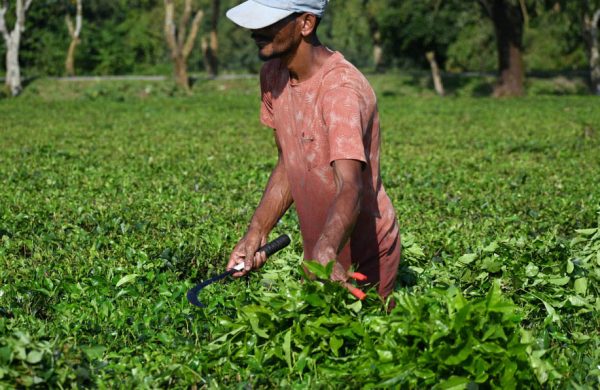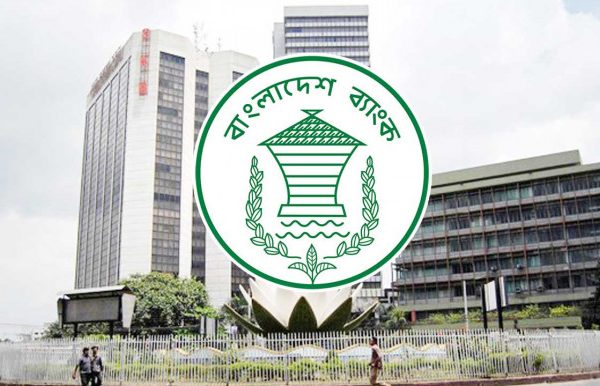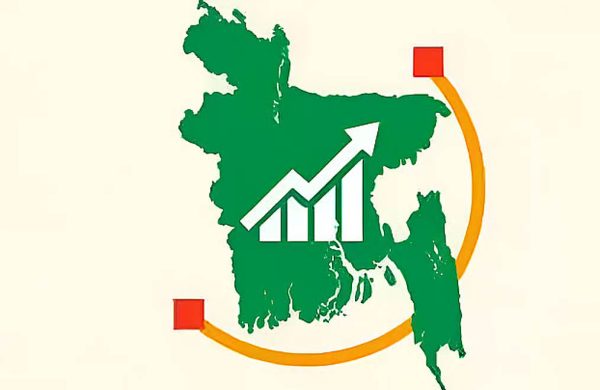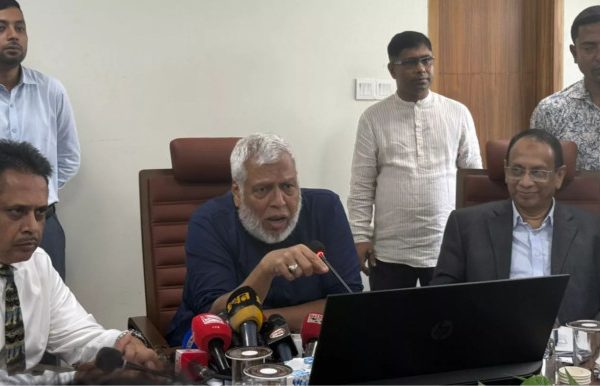Taka remains undervalued
- Update Time : Thursday, July 24, 2025
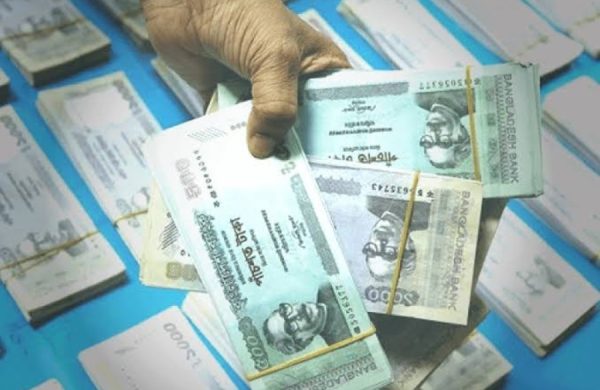
TDS Desk:
The local currency Taka remained undervalued against the US dollar in June, signalling that Bangladesh’s exports and remittances continue to benefit from a favourable exchange rate, according to the latest data from the Bangladesh Bank.
The real effective exchange rate (REER), a key indicator for gauging foreign exchange market equilibrium, stood at 98.61 in June, marking a notable improvement mainly due to a decline in inflation. The index was recorded at 99.27 in May.
In economics, a REER reading below 100 suggests that a local currency is undervalued against a basket of its major trading partners’ currencies, including the US dollar.
This undervaluation typically supports export earnings and remittance inflows, though it also makes imports more expensive.
The REER, based on a fiscal year 2016 baseline, accounts for 18 currencies representing Bangladesh’s top trading partners, economies that collectively contribute to around 85 per cent of the country’s external trade. It factors in data on exports, imports, and remittance flows with these economies.
A senior central banker attributed the recent REER drop to several interlinked factors: a weakening US dollar, easing inflation, and increased export and remittance receipts.
“Our inflation rate is currently a little over 8.0 per cent, down from previous highs that reached up to 12 per cent,” the official said, speaking on condition of anonymity.
Central bank officials also pointed out that such a competitively valued Taka hasn’t been seen for many years-not during the long rule of the Sheikh Hasina government nor under the previous central bank governor, Abdur Rouf Talukder.
During those periods, they said, the Taka was often overvalued, with the REER hovering at 107-108, meaning the local currency was overvalued by Tk 7-8 against the dollar.
Economists noted that this undervaluation is already being reflected in growing export shipments and higher remittance inflows.
Dr Mohammad Akhter Hossain, newly appointed chief economist of Bangladesh Bank, told journalist that the current REER level is healthy and desirable for the economy.
“When the REER nears its equilibrium, the risk of capital flight is reduced,” he said. “A stable REER helps reduce uncertainty in the economy and boosts business confidence.”
Another economist argued that as Bangladesh is a largely import-dependent economy, maintaining the REER close to 100 is the most balanced approach. Dr M. Masrur Reaz, chairman and CEO of Policy Exchange Bangladesh, said, “Prices of many essential items in the global market have remained favourable, and local production has been strong-both contributing to a relatively stable domestic market.”





